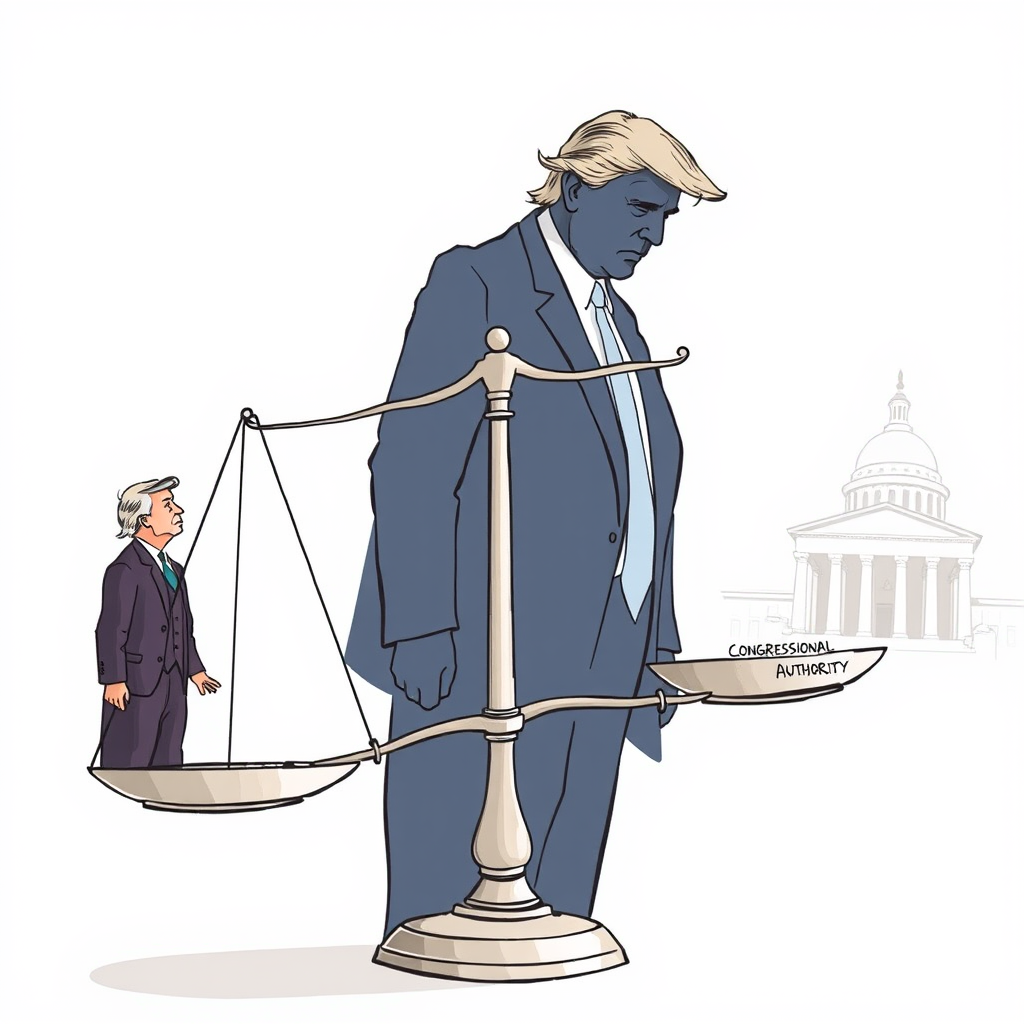Trump's Actions Make Reagan Lawyer Rethink Presidential Power

A former lawyer for President Ronald Reagan is publicly reassessing his long-held beliefs about presidential power, citing the actions of Donald Trump as a pivotal turning point. Alan Charles Raul, now a lecturer at Harvard Law School, details his evolving perspective in a recent opinion piece for The Washington Post, admitting he once championed the “unitary executive” theory – a legal concept advocating broad presidential authority, even potentially overriding congressional safeguards.
Raul now argues that unchecked presidential power fundamentally clashes with the intentions of the Founding Fathers. He acknowledges his past support for the theory, noting he actively contributed to its development during his time in the Reagan White House. However, he contends that Trump’s presidency has demonstrated the potential for an “unleashed” president to destabilize constitutional order and erode the rule of law.
The shift in Raul’s thinking is particularly noteworthy given his previous role. He criticizes the Supreme Court for what he perceives as an overindulgence of presidential power, suggesting the court has too readily deferred to executive authority over congressional intent. Raul emphasizes the constitutional division of power, asserting that while the president holds executive authority, Congress retains ultimate legislative control, including the power to establish policies and procedures governing the executive branch.
He urges judges hearing cases involving the Trump administration to prioritize congressional authority over presidential executive orders and unilateral mandates. Raul specifically calls for the rejection of the “unitary executive” theory, which he believes has enabled Trump to pursue actions based on unfounded claims of power.
While acknowledging the brilliance of the Founding Fathers, Raul suggests they could not have foreseen the current political landscape. Nevertheless, he points to the “auxiliary precautions” and “checks and balances” they deliberately built into the structure of government as safeguards against tyranny. He concludes that it is imperative to rein in what he describes as the “unbalanced executive chaos” fostered under the Trump administration and restore a more equitable distribution of power.